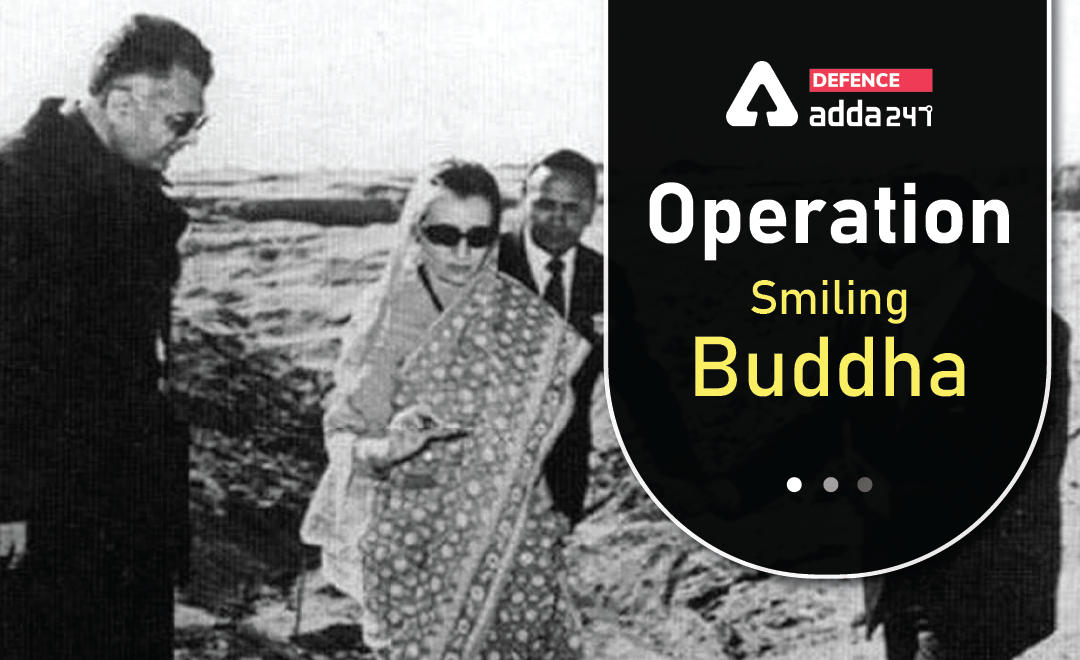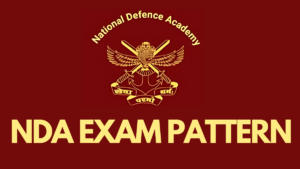Operation Smiling Buddha
In 1974, India achieved a historic milestone after successfully conducting its first-ever nuclear test in Pokhran of Rajasthan. Codename of this operation was “Smiling Buddha”. It was May 18 in 1974, the day when Buddha Purnima was also celebrated and due to that, this nuclear test was named Smiling Buddha. At that time after achieving this feat, India became the sixth nation in the world to conduct a nuclear test. According to Indian Ministry of External Affairs (MEA) this test was nothing more than a “peaceful nuclear explosion”.
This operation was conducted under the guidance of director of Bhabha Atomic Research Centre (BARC), Raja Ramanna. After the test was successfully conducted, Dr. Ramanna called the then Prime Minister, Indira Gandhi and told her, “The Buddha has smiled”.
In the operation, a thermonuclear device was tested in the Pokhran firing range. Ever since the test, the yield of the device has been a topic of debate. Nonetheless, as per news agency PTI, it is believed that the actual yield was around 8-12 Kilotons of TNT.
Foundation of Operation Smiling Buddha
After getting independence from the British Empire, Indian Prime Minister Jawaharlal Nehru sanctioned the proposal for the development of a nuclear programme headed by Homi Bhabha. Homi J. Bhabha was a professor at the Tata Institute of Fundamental Research. It was a institute which was established in 1944 to begin with the nuclear programme for making India a nuclear powered country and for his contribution in this field, later on Bhabha was known as “the father of the Indian Nuclear Programme”.
Earlier, the focus was on peaceful development as India was in the favour of Nuclear Non-Proliferation Treaty but seeing the powerful countries bolstering their presence and highlighting their hegemony, India chose to opt-out of it and finally in 1954, weapons’ designing and its production was started. Two major institutes, Trombay Atomic Energy at Mumbai and the formation of Department of Atomic Energy (DAE) on Aug 3, 1954 gave a big push to Nuclear weapons programme of India. Such small efforts finally led to first nuclear testing of India.
Although the test was proved to be successful but the aftermath of the nuclear test was not proved to be in the favor of India as some developed nations including the US imposed certain sanctions on India as they considered Pokhran test could lead to nuclear proliferation. But certainly it was just a start for India as it led to other successful nuclear testing program at same location called as Pokhran-II tests in 1998.



 Important Topics to Score 300+ in NDA GA...
Important Topics to Score 300+ in NDA GA...
 NDA Exam Pattern 2025 for GAT and Maths
NDA Exam Pattern 2025 for GAT and Maths
 How to Crack NDA Exam in the First Attem...
How to Crack NDA Exam in the First Attem...
